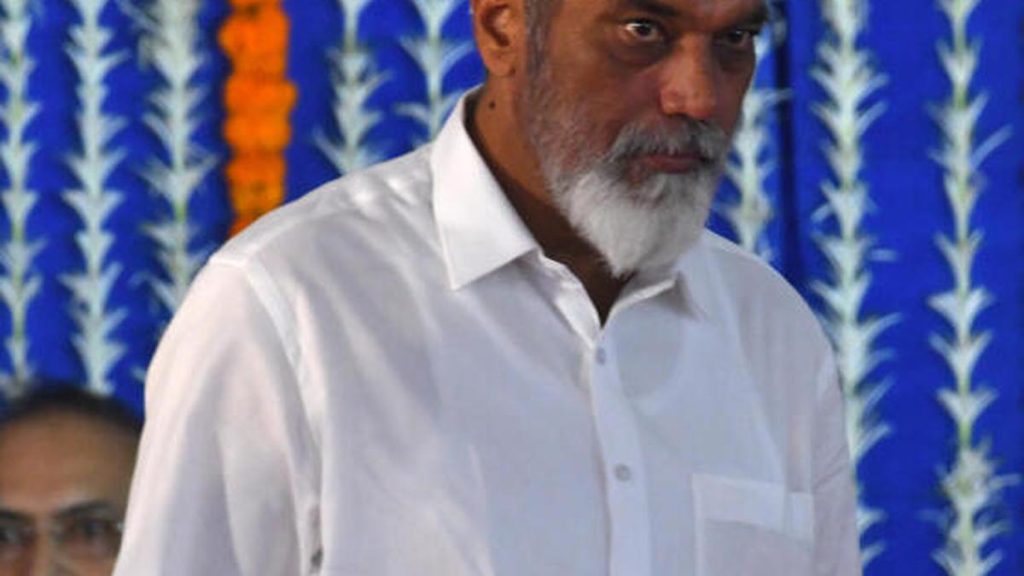Now Reading: BJP Hails CAT Verdict on Urdu Requirement for Naib-Tehsildar Posts in J&K
-
01
BJP Hails CAT Verdict on Urdu Requirement for Naib-Tehsildar Posts in J&K
BJP Hails CAT Verdict on Urdu Requirement for Naib-Tehsildar Posts in J&K

Quick Summary
- The BJP celebrated the Central Administrative Tribunal’s (CAT) decision to drop urdu as a mandatory qualification for naib-Tehsildar posts in Jammu and Kashmir.
- On monday, CAT’s Jammu Bench temporarily suspended provisions in the Jammu and Kashmir Revenue (Subordinate) Service Recruitment Rules, 2009, which required graduation with knowledge of Urdu for such posts.
- Following this order, the Jammu and Kashmir Services Selection Board (JKSSB) deferred inviting applications for these positions.
- Per the Official Languages Act,2020,hindi,Kashmiri,English,Dogri,and Urdu are official languages of J&K; earlier only Urdu held sole official status.
- Celebrations were held by BJP youth wing members claiming that making Urdu mandatory discriminated against other official languages.
- PDP leader Waheed Ur Rehman Para criticized CAT’s decision and accused the BJP of politicizing Urdu while undermining J&K’s linguistic heritage.
Indian Opinion analysis
The decision by CAT to suspend Urdu as a requirement for Naib-Tehsildar exams highlights ongoing debates around cultural portrayal versus inclusivity in employment criteria within Jammu & Kashmir since its reorganization as a Union Territory in 2019.While BJP welcomes the ruling citing non-discrimination among J&K’s five official languages under constitutional principles like equal opportunity (Articles 14 & 16), opposition voices warn of eroding linguistic traditions that represent regional identity.
For India broadly-and J&K specifically-the implications may revolve around either fostering greater administrative inclusivity or risking local discontent over perceived alterations to entrenched cultural norms tied to governance practices like revenue administration where languages historically play key roles.
The matter underscores increasing intersections between policy changes post-reorganization and heightened political sensitivities surrounding language preservation-a potential area requiring balanced frameworks that reconcile heritage with pluralistic mandates on language equality.
























